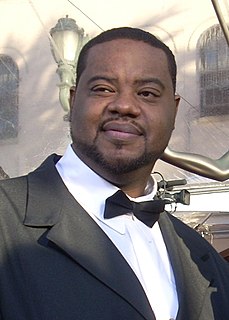A Quote by China Mieville
Related Quotes
Electronic books are ideal for people who value the information contained in them, or who have vision problems, or who like to read on the subway, or who do not want other people to see how they are amusing themselves, or who have storage and clutter issues, but they are useless for people who are engaged in an intense, lifelong love affair with books. Books that we can touch; books that we can smell; books that we can depend on.
My books are about ordinary people, like you, me, people on the street, people who really have an expectation of reasonable happiness in life, want their life to have a sense of security and predictability, who want to belong to something bigger than them, who want love and affection in their life, who want a good future for the children.
I want to see children curled up with books, finding an awareness of themselves as they discover other people's thoughts. I want them to make the connection that books are people's stories, that writing is talking on paper, and I want them to write their own stories. I'd like my books to provide that connection for them.
If you're following the news, you know that the major religions differ in their interpretation of the holy books. For example, one way to interpret God's will is that you should love your neighbor. An alternate reading of the holy books might lead you to rig a donkey cart with small mortar rockets and aim it at a hotel full of infidels. In summary, po-tay-to, poh-tah-to. Religions are very flexible.
I still love books. Nothing a computer can do can compare to a book. You can't really put a book on the Internet. Three companies have offered to put books by me on the Net, and I said, 'If you can make something that has a nice jacket, nice paper with that nice smell, then we'll talk.' All the computer can give you is a manuscript. People don't want to read manuscripts. They want to read books. Books smell good. They look good. You can press it to your bosom. You can carry it in your pocket.
A sober, devout man will interpret 'God's will' soberly and devoutly. A fanatic, with bloodshot mind, will interpret 'God's will' fanatically. Men of extreme, illogical views will interpret 'God's will' in eccentric fashion. Kindly, charitable, generous men will interpret 'God's will' according to their character.
Books can be passed around. They can be shared. A lot of people like seeing them in their houses. They are memories. People who don't understand books don't understand this. They learn from TV shows about organizing that you should get rid of the books that you aren't reading, but everyone who loves books believes the opposite. People who love books keep them around, like photos, to remind them of a great experience and so they can revisit and say, "Wow, this is a really great book."





































